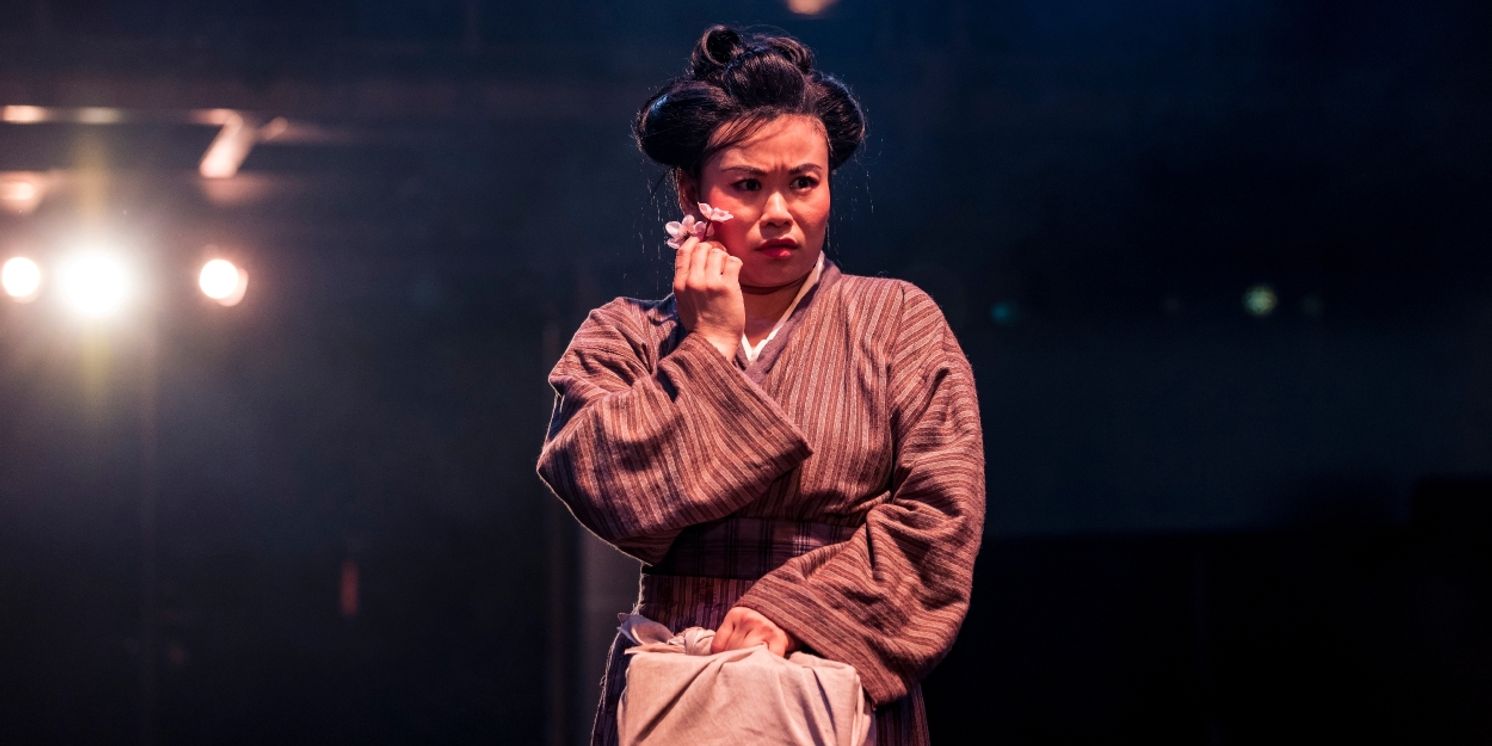Review: UNTITLED F*CK M*SS S**GON PLAY, Young Vic
A direct invective against Asian stereotyping in the media.

![]() The Western dramatisations of the East have traditionally been colonialistic and often outright racist. Asia has been misrepresented, misconstrued, and misunderstood from opera to drama. You’d think that, in 2023, the industry would have a different approach to the matter, but here we are: Claude-Michel Schönberg and Alain Boublil’s Miss Saigon, one of the most controversial modern examples, had a decently criticised run in Sheffield this past summer again.
The Western dramatisations of the East have traditionally been colonialistic and often outright racist. Asia has been misrepresented, misconstrued, and misunderstood from opera to drama. You’d think that, in 2023, the industry would have a different approach to the matter, but here we are: Claude-Michel Schönberg and Alain Boublil’s Miss Saigon, one of the most controversial modern examples, had a decently criticised run in Sheffield this past summer again.
Kimber Lee’s untitled f*ck m*ss s**gon play tackles the issue head-on; it’s a decisive invective against white saviorism and the imperialistic tendencies of white-crafted narratives. Winner of the inaugural Bruntwood Prize for Playwriting 2019, it’s hailing all the way from the Manchester International Festival in a frenzy of hyper politics and uncompromising satire.
Directed by Roy Alexander Weise, the project is structurally disruptive but ultimately too meandering and overlong. A narrator (Rochelle Rose) lays the tropes bare with bitter observations. She cleverly amplifies the intentional faux pas, but the framework gets a bit stodgy by the second round of narrative repetition. As Kim (Mei Mac in brilliant form) is stuck in a cycle of psychological abuse and violence at the hands of her white love interest (Tom Weston-Jones), Lee makes her point brutally and effectively with radical and intransigent denunciations of the treatment of Asian characters.
Once Kim seems to escape the period tragedies, the piece slips into almost dystopian territory and we’re faced with the modern equivalent of the same plot. It’s a chance for Lee to reiterate her poignant analysis through the eyes of Rosie (Lourdes Faberes), the matriarch who’s always pushed her daughter towards the promise of a better future without considering its price. The mood shifts suddenly, with Weise arresting the pace at once. But, running at one hour and three-quarters, the play is too long for its own sake. An extensive list of empowering ideas and fiery accusations are buried underneath extended scenes that stall the momentum of the show.
The company are an exceptional group of close-knit performances. Mac is steadily impressive, crowning her explorative work with an explosive final epiphany that addresses generational trauma in a bold reclaiming of her story, summing up the entirety of the objective in a quick harangue. While her presence is mostly peripheral, Rose’s role is an absolute highlight too. She is subtle and piercing in her stance, a mischievous godlike personality who toys with the storylines from a distance.
Weise sets the scene in the round with two main vomitoria. Set pieces are rolled on in lengthy sweeps while music relentlessly blasts on; Composer Ruth Chan and Sound Designer Giles Thomas fill the auditorium with a near-constant soundscape, affecting the speed of the response from the public under Joshua Pharo fiercely stark lighting design. All in all, if the production was trimmed just a little, it would assert itself seamlessly. The absence of an interval helps, but, as it is, it’s slightly too repetitive to be perfect.
Untitled f*ck m*ss s**gon play runs at the Young Vic until 4 November.
Photo credit: Richard Davenport
Reader Reviews
Powered by
|
Videos

